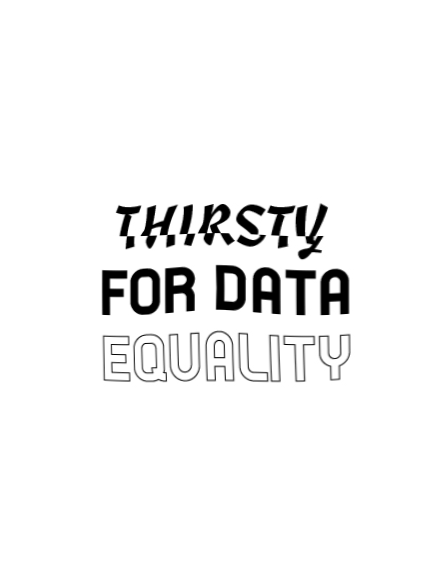Last Friday, Caroline Sinders arrived as a guest lecturer, informing MGD students about creating ethical guidelines for machine learning applications.
I was interested in her criteria for inspecting unethical sources of data. For two weeks, she dissected a large oil company’s data set, examining factors such as search term popularity (i.e. most, middle, and least popular terms), time factors, big data trends, and unexpected/expected structural pairings. Her process was especially useful as a starting guideline for analyzing substantial amounts of data – I can see myself applying related searches for future projects.
Furthermore, in her feminist data set, she supplied an inclusive environment for designers (intersectional feminism) and data types. Often, online sources discourage using Wikipedia or personal blog posts as references; however, she openly encouraged these kinds of avenues in her quest for equal data.
Caroline was also a resourceful host, offering tips and tricks for MGD students to succeed and find jobs. I appreciated her insights, and look forward to viewing her future works.

